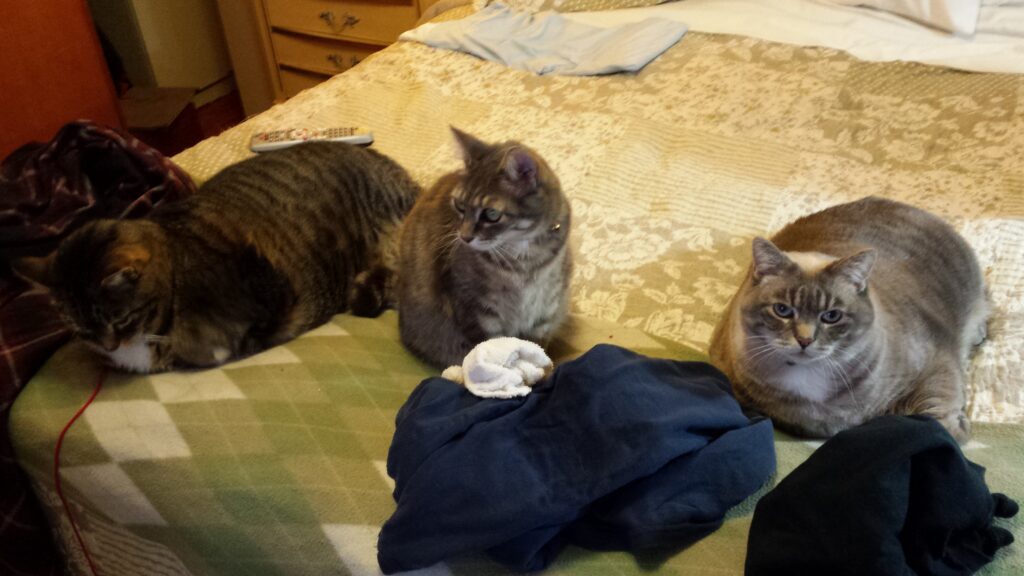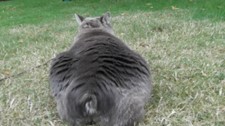
During this part of the year, writers who are waiting for replies from agents and editors can expect to wait until 2024. Meanwhile, let’s review homophones!
Writing Tip for Today: Homophones and misunderstood usages are sneaky—that’s why writers need to know the differences,
Spell it Out
We want editors and agents to notice our work—but not for the wrong reasons. To give off a professional aura, we must offer flawless manuscripts. Homophones used incorrectly can send a submission straight to the reject pile.
What’s a homophone? Words that sound alike but are spelled differently and have different meanings. Examples include: brake (to stop) and break (destroying something or resting); bare (to remove or uncover) bear (a wild animal or to carry); dear (something/someone precious) deer (ruminant animal) or aisle (an opening between seating rows) or isle (short for island). Here’s a handy list.
Beware using Spellcheck! Homophones are legit words, so they might fly under the radar of your spelling checker. If you use a homophone incorrectly, chances are good that you’ll get no squiggly red line.
A better practice might be to check for the most commonly misused homophones when you proofread your work. Keep a list handy, but also work on understanding the meaning of each word. You don’t want yoke yolk on your face!
Contract Contractions
New writers often think that not using contractions denotes better writing, but unless you’re writing formal papers, contractions make your work easier to read and readers can relate better to a more intimate tone. Use contractions!
Yet you’ll want to use contractions responsibly. A contraction replaces a letter or letters with an apostrophe, found under the quotation marks on your keyboard. Be sure you place your apostrophe correctly. Examples include: I’ll (I will); Don’t (do not) can’t (cannot); you’ve (you have); we’ll (we will); they’re (they are).
They’re is often misused because of homophones. There (a direction), they’re (contraction of they are) and their (possession) all sound alike but have very different meanings. Same with you: your (possession) and you’re (you are) are frequently misused.
Use contractions to identify with your readers.
Know Your Verbs
Lay and lie have to be two of the most often misused verbs. To lay is to set down or as with chickens, to lay an egg. We don’t lay down, although common usage wishes we did. Correct usage uses lie when we are in repose—although the same word denotes telling an untruth as well.
Maybe all this lay/lie confusion comes from the old Bob Dylan song, “Lay, Lady, Lay.” But don’t expect Bob to bail you out—most editors/agents would rather you lie down Trouble is, the past tense of lie is lay. So she’s lying down, but yesterday she lay down.
And the past tense of lay is laid. So yesterday a hen laid an egg, which caused her to lie down. And as she was lying there, the egg she laid yesterday hadn’t lain there long before the hen laid another egg. Talk about confusing. But you’re a pro writer, right? While we all wait for agents and editors to come back to work after the holidays, maybe it’s time to brush up on those homophones.






Linda, I just finished reading about the cat who ‘kneaded’ a terrified dog in the New Year’s Eve entry of All God’s Creature. I also turned back the pages in the book to your November entry about your Veteran’s bunny. This prompted me to access your website, the first time I have ever done this, now that is saying a lot about your writing. Reading more in your website here, I loved the part about using verbs! It explains a lot in simple, plain terms which many people get confused over. Thank you for helping people to understand the English language easier and helping budding authors who want to write better books.
Hi Vicki,
Wow and thank you! I do love animals (and my old Marine–today is our 46th anniversary!) and I really enjoy writing for All God’s Creatures. My latest book, Thank God for Cats! gives my crazy cat lady identity away for sure. I’d like to invite you to subscribe (free) to my other blog, The Deep End, on Substack. It’s Lindasclare.substack.com. There, I write about faith, hope and other messy things.
If you’re a writer, keep writing!
Happy New Year,
Linda